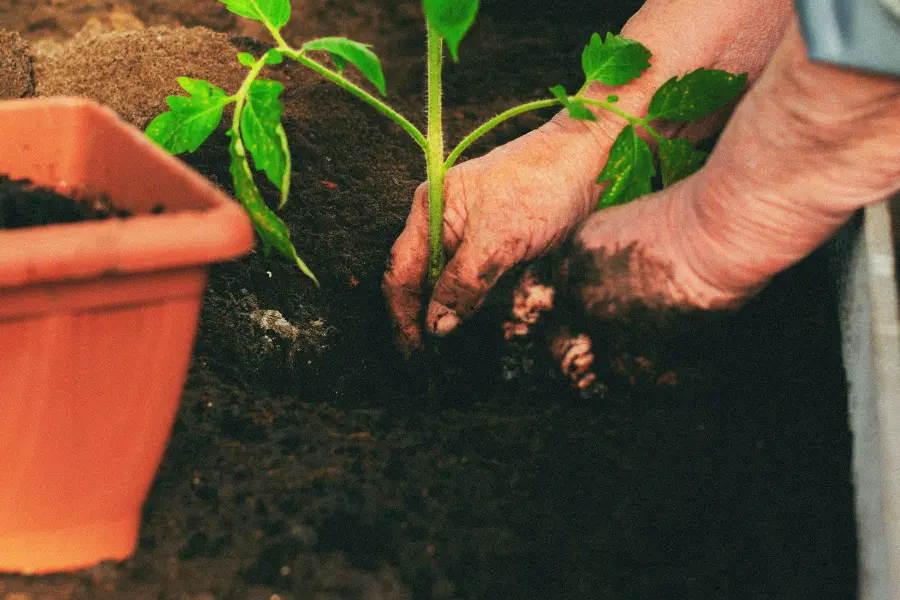In recent years, the hospitality industry has undergone a powerful shift. Guests are no longer just seeking comfort, cuisine, and convenience—they’re increasingly conscious of sustainability, expecting hotels, resorts, and restaurants to operate responsibly. This evolution has brought waste management and circular economy practices to the forefront of hospitality operations, led by a new generation of experts: waste management consultants.
The Sustainability Imperative in Hospitality

Hospitality is inherently resource-intensive. From large-scale food production to laundry operations and guest amenities, waste generation is woven into daily functions. Yet, as global awareness grows around climate impact, water scarcity, and landfill pollution, the pressure on the sector to act sustainably has intensified. Reducing waste is no longer a matter of corporate social responsibility it’s a strategic, operational, and financial necessity.
Circular economy principles offer a powerful framework to rethink this cycle. Instead of the traditional “take-make-dispose” model, the circular approach focuses on reducing resource use, reusing materials, and recycling waste into new value streams. Here’s where waste management consultants are playing a transformative role guiding hospitality brands toward a system where nothing truly goes to waste.
The Role of Waste Management Consultants

A waste management consultant’s work begins with a deep audit assessing everything from kitchen scraps to packaging waste, energy consumption, and water use. Beyond identifying inefficiencies, they develop tailored sustainability strategies that embed circular practices into every layer of operations.
For example, consultants often help hotels:
- Reduce food waste by implementing real-time monitoring systems and training kitchen staff to manage portions more efficiently.
- Repurpose organic waste into compost or biogas through partnerships with local waste-to-energy initiatives.
- Rethink procurement, encouraging suppliers to use reusable containers, bulk purchasing, and recyclable packaging.
- Close the loop by connecting with recycling vendors who can convert used glass, paper, or textiles into new materials.
These steps may sound small, but collectively they lead to measurable environmental and economic results less waste sent to landfill, reduced operational costs, and stronger brand trust among eco-conscious guests.
Examples of Innovation in Action

Some of the most forward-thinking hospitality brands are already demonstrating what a circular model can achieve. Luxury resorts in the Maldives, for instance, are working with consultants to transform organic waste into compost used for on-site gardens that supply fresh produce to their kitchens. In Europe, boutique hotels are adopting refillable amenities and partnering with textile recyclers to turn discarded linens into cleaning materials.
Even in urban settings, restaurants are experimenting with “zero-waste kitchens,” guided by consultants who design closed-loop systems where food waste becomes fertilizer, glass bottles are refilled, and surplus ingredients are donated through local redistribution networks. These initiatives not only minimize waste but also tell compelling stories of innovation that resonate deeply with guests.
Measurable Impact and Long-Term Value
The benefits of engaging a waste management consultant extend beyond environmental performance. A circular approach can lead to significant cost savings through waste diversion, optimized purchasing, and reduced disposal fees. More importantly, it strengthens a property’s sustainability credentials an increasingly influential factor for guests and investors alike.
Consultants also help establish measurable benchmarks, using data to track improvements in waste diversion rates, carbon footprint reduction, and resource efficiency. These metrics are essential for global certifications such as LEED or EarthCheck, positioning properties as leaders in responsible tourism.
Leading the Change Toward Circular Hospitality
At HPG Consulting, sustainability isn’t an afterthought it’s built into the very foundation of every hospitality design and operational strategy. The team’s expertise in waste management and resource optimization helps hotels, resorts, and restaurants transition seamlessly toward circular economy models. By combining technical insight with practical, on-ground implementation, HPG Consulting enables clients to create operations that are both environmentally and financially sustainable.
From designing efficient back-of-house waste systems to advising on long-term sustainability roadmaps, HPG Consulting empowers businesses to turn sustainability goals into measurable, lasting impact.
The Future of Sustainable Hospitality

The next frontier of sustainable hospitality will merge technology, design, and behavioral change. Smart waste tracking systems, AI-driven supply management, and circular procurement policies are already shaping how hotels operate. Waste management consultants like HPG Consulting are at the core of this transformation helping businesses adopt scalable models that align environmental responsibility with profitability.
As sustainability continues to evolve from a trend to a business imperative, one thing is clear: waste is no longer an afterthought. With expert guidance, the hospitality industry is learning to see waste not as a problem, but as an opportunity to innovate, to give back, and to operate within the regenerative cycle of the circular economy.